Writing: Plays
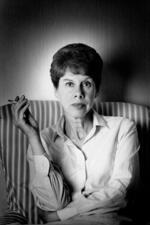
Anglo-Jewish Writers in the Twentieth and Twenty-First Centuries
Anglo-Jewish women writers have been active creators within the British literary arena since the late nineteenth and early twentieth century. The 1960s and 1970s saw the emergence of a number of Jewish female voices, although it was not until the 1990s that the works of Jewish women writers began to be recognized as part of the British literary canon. Anglo-Jewish women writers’ multifaceted perspectives are reflected in a literary production characterized by experimentation and fragmentation.
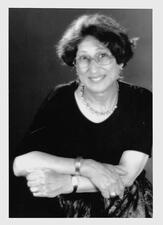
Liliane Atlan
Liliane Atlan (1932-2011) was a post-World War II French Jewish writer whose stylistically innovative plays, poetry, and narratives represent themes rooted in Jewish tradition. In a literary world shattered by the reality of the death camps, Atlan questions Messianic faith, patriarchal values, and humanistic philosophy.
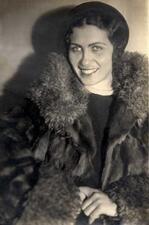
Shulamit Bat-Dori
Shulamit Bat-Dori defied notions about the inappropriateness of theater in the kibbutz, creating popular and acclaimed plays for the masses. Bat-Dori joined Ha-Shomer ha-Za’ir and made Aliyah in 1923, bringing her passion for theater, dance, music, and languages to Kibbutz B (later Mishmar ha-Emek). She wrote plays and founded the Kibbutz theater.
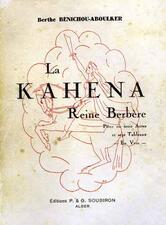
Berthe Bénichou-Aboulker
Writer and artist Berthe Bénichou-Aboulker was born in Oran, French Algeria, in 1886. She published a number of collections of poems and plays. After publishing her first play in 1933, she became the first woman writer to be published in Algeria.
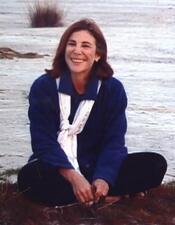
Sabina Berman
Sabina Berman is a Mexican-Jewish playwright, screenwriter, film director, author, poet, and journalist. Considered Mexico’s most successful and critically acclaimed playwright alive, her plays have been staged internationally and her novels have been translated into eleven languages and published in over 33 countries.
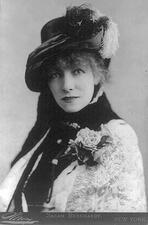
Sarah Bernhardt
Biblical Women in World and Hebrew Literature
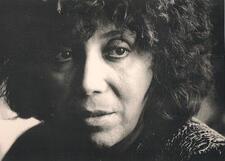
Aida Bortnik
Aída Bortnik was an Argentine journalist, dramaturge, and screenwriter who wrote the first Argentine screenplay nominated for an Academy Award (“The Truce,” 1974), an award she later won for best foreign film in 1986 (“The Official Story”). Bortnik was also the first Argentine to pen a screenplay that addressed the military dictatorship (1976-1983) and the first Latin American admitted as a permanent member of the Academy of Motion Picture Arts and Sciences.

Jane Bowles
Admired for her darkly comic wit by writers like Truman Capote, Tennessee Williams, and John Ashbery, writer Jane Bowles became the center of an avant-garde circle in Morocco with her husband, writer Paul Bowles. Her works have garnered critical acclaim long after her death.
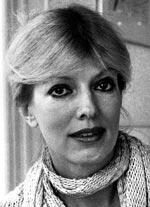
Suzanne Brøgger
Suzanne Brøgger is a Danish journalist, cultural critic, author, and essayist. With more than twenty books to her name, Brøgger has received widespread acclaim for her novels, essays, anthologies, poems, and plays.
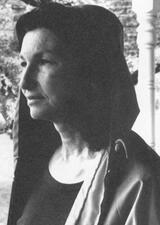
Esther M. Broner
A novelist, playwright, and ritualist, Esther M. Broner emerged on the literary scene in the early 1970s as a leading feminist writer. Her novels feature bitter, fearless, and funny characters. In other works, Broner has combined autobiography with feminist critique of Jewish tradition and created new rituals, such as her 1976 “Women’s Haggadah.”
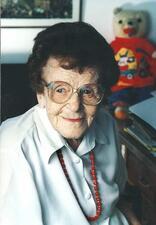
Children's Literature in Hebrew

Hélène Cixous
Jewish-Algerian-French writer Hélène Cixous published her first book in 1967 and approximately her eighty-seventh in February 2021. This “life writing” comprises poetic fiction and autobiography, literary and feminist theory, art criticism, and theatrical works. Cixous explores the myriad contradictions and consequences of loss and exile, of “being Jewish” and “being a woman.”
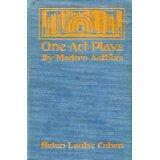
Helen Louise Cohen
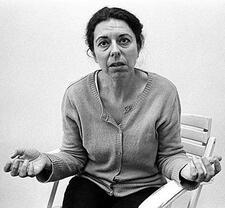
Esther Dischereit
Esther Dischereit, a German-Jewish writer living in Berlin, speaks for the second and third generation of children of Holocaust survivors. Her prolific production covers all genres, including prose, poetry, sound installations, and concept art. She uses her many talents to fight anti-semitism and racism and to give a voice to the persecuted and forgotten.
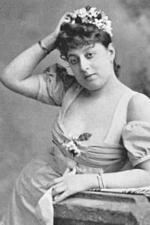
Selina Dolaro
A determined and talented performer, Selina Dolaro raised four children alone while pursuing an illustrious acting and singing career in late nineteenth-century England and America. Dolaro performed in various London operas, most notably as the title role in the first English version of Carmen. She made her American debut as Carmen in 1879.
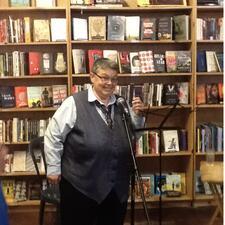
Elana Dykewomon
Elana Dykewomon was a poet, novelist, editor, theorist, lesbian, and cultural worker. Her lesbian and Jewish identities and commitments informed and shaped her award-winning novels and other writings, and she made significant theoretical contributions to lesbian separatism and fat liberation.
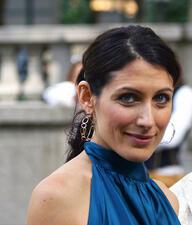
Lisa Edelstein
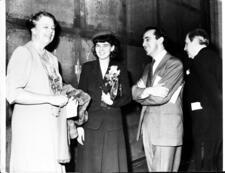
Phoebe Ephron
Ruth Fainlight

Merle Feld
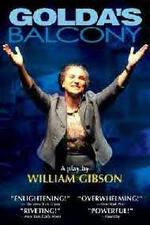
Tovah Feldshuh
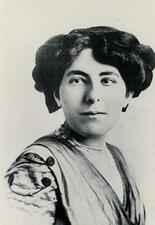
Edna Ferber
Prolific writer Edna Ferber celebrated America in her many works, even as she exposed its shortcomings. Her novel So Big won a Pulitzer Prize in 1925, and the film Giant and the musical Show Boat were both based on her novels. Ferber’s work was shaped by her childhood experiences of antisemitism and frequently featured strong and talented women.
Rose Franken
Rose Franken was a celebrated Broadway playwright and director, a Hollywood screenwriter, and a popular novelist whose fiction touched a sympathetic chord in American women. After much success as both a playwright and a novelist, she ventured into more problematic subject matter, exploring antisemitism and homophobia in her works.


